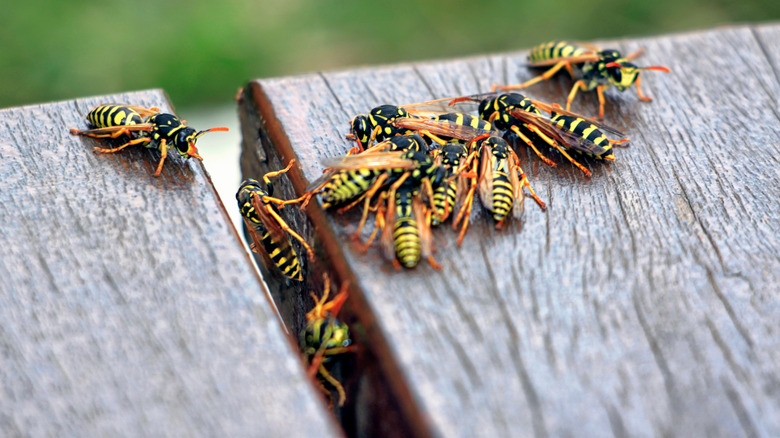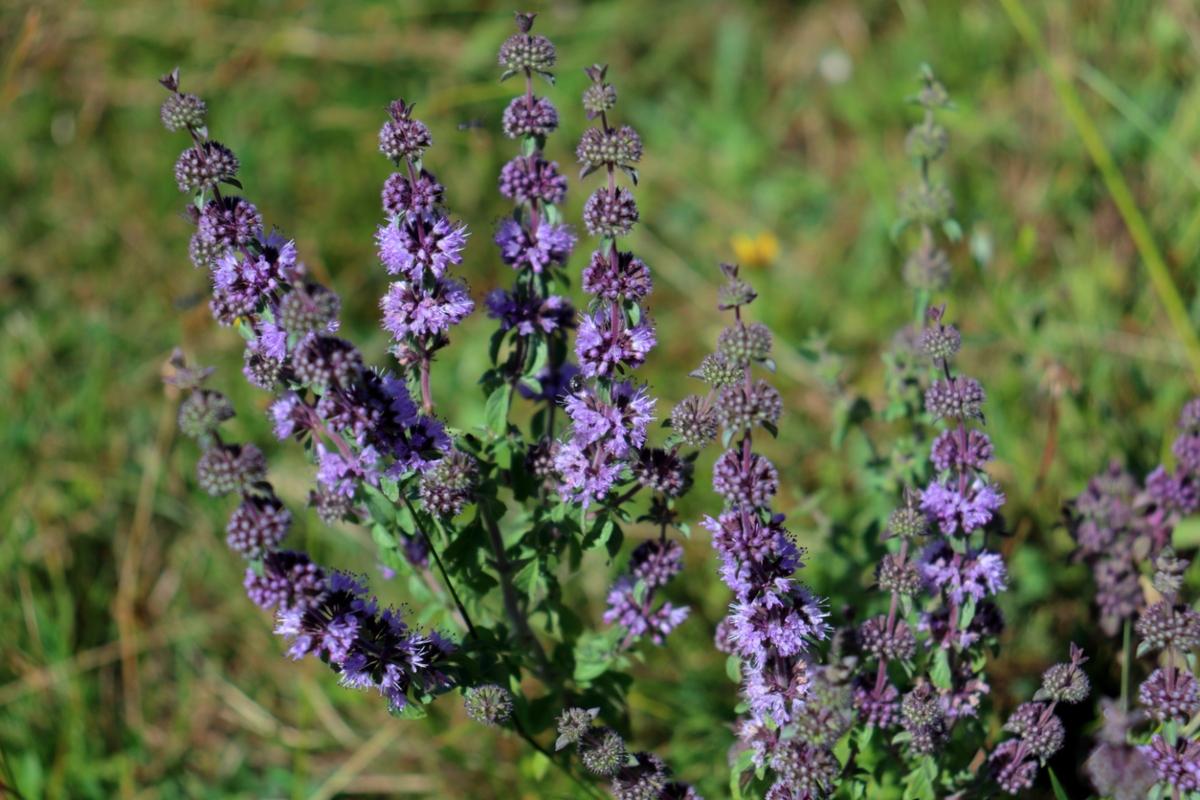Are you struggling with raccoons invading your backyard? You're not alone! Many homeowners face the challenge of keeping these clever critters at bay. In this article, we will explore how to repel raccoons effectively and leave you with peace of mind. Raccoons are known for being resourceful scavengers, meaning they can create quite a mess if allowed to rummage through your trash or raid your garden. Let's dive into the unmissable strategies and remarkable secrets to ensure your home remains raccoon-free!
Raccoons are nocturnal creatures that often venture out at night, causing disturbances and making it difficult to enjoy your yard or sleep peacefully. By understanding their behavior and utilizing effective deterrents, you can significantly decrease their chances of visiting your property. With these tips, you'll learn what traps and barriers can keep them away from your home and garden.

Understanding Raccoon Behavior
Before you can successfully repel raccoons, it's essential to understand their behavior patterns. Raccoons are primarily motivated by food, shelter, and curiosity. They typically search for easy meals, often raiding garbage cans or gardens.
Why Raccoons are Problematic
Raccoons can be problematic for several reasons. They are known carriers of diseases like rabies and can also damage property by attempting to gain access to attics or crawl spaces. The first step in how to repel raccoons is making your property less appealing to them.

Terrific Tips to Keep Raccoons Away
Now that we have a basic understanding of raccoon behavior, let's explore some terrific and actionable tips for repelling them.
1. Secure Your Garbage Cans
One of the simplest yet most effective ways to repel raccoons is to secure your garbage cans. Use tightly fitted lids or purchase raccoon-proof cans. If you cannot find raccoon-proof cans, consider locking them with a bungee cord to prevent easy access.
2. Remove Attractants
Raccoons are attracted to food, so removing any food source is crucial. Ensure your outdoor pet food is never left outside overnight, and clean up fallen fruit from trees. This will make your home less enticing to raccoons.
3. Use Repellents
Commercial raccoon repellents are available, but natural alternatives can also be effective. An example is using predator urine or cayenne pepper around the perimeter of your garden. These scents can deter raccoons from entering your space.

Remarkable Strategies for Prevention
In addition to repellents, consider these remarkable strategies to prevent raccoon invasions:
1. Fencing
Installing a strong fence around your garden or yard can act as a physical barrier against raccoons. Ensure the fence is at least four feet tall and buried a few inches underground to prevent digging.
2. Motion-Activated Lights
Raccoons are nocturnal, and sudden bright lights can scare them away. Install motion-activated lights around your yard to deter them during the night.
3. Noise Deterrents
Raccoons dislike loud noises. Consider using wind chimes, motion-activated sound devices, or even a radio to keep them away.

Life-Changing Habits to Adopting
Building good habits can also go a long way in repelling raccoons:
1. Regular Trash Collection
Make regular trash pick-up a priority. If you have a garbage service, ensure the bins are collected frequently to avoid attracting raccoons.
2. Educate Your Neighbors
If you live in a community, educate your neighbors about keeping their yards clean and secure. This collective effort can significantly reduce raccoon encounters.
Why Humane Trapping is the Answer
If you've tried all the tips and still have a raccoon problem, humane traps might be the solution. Utilizing a trap allows you to capture raccoons without harming them. Make sure to check your states regulations regarding raccoon trapping.
FAQs on Raccoon Repellents
1. What smells do raccoons hate?
Raccoons are not fond of strong scents like peppermint oil, vinegar, or citrus. You can use these scents to make your home less appealing to them.
2. How do I tell if raccoons are in my yard?
Look for signs such as overturned trash cans, disturbed gardens, or raccoon tracks. Their footprints are distinctive, with five toes on both front and back paws.
3. Are there any natural raccoon repellents?
Yes! Natural options include essential oils, pepper spray, and ammonia. These can be effective in deterring raccoons without harming them.
Conclusion
In conclusion, keeping raccoons at bay is achievable through a combination of preventative measures, repellents, and good habits. Remember, a raccoon-free property is possible with determination and the right strategies in place. For more pest control tips, check out this how to repel ants guide.
As an Amazon Associate, I earn from qualifying purchases.
